The 55 Generations and 900-Year Legacy of Japan’s Oldest Sake Brewery
Since 1141, one family has been crafting some of Japan’s finest sake. Through 55 generations, the Sudo family transformed from samurai warriors to master sake brewers, creating a legacy that would survive even the Fukushima nuclear disaster – all thanks to a seemingly simple family motto: “Never cut the trees.”

In medieval Japan, sake brewing was a privilege reserved for imperial courts and temples. But as power shifted from emperors to samurai in the 12th century, the Sudo family made a revolutionary choice. Rather than continuing their martial traditions, they embarked on a different path: mastering the art of sake brewing to revitalize their local economy.
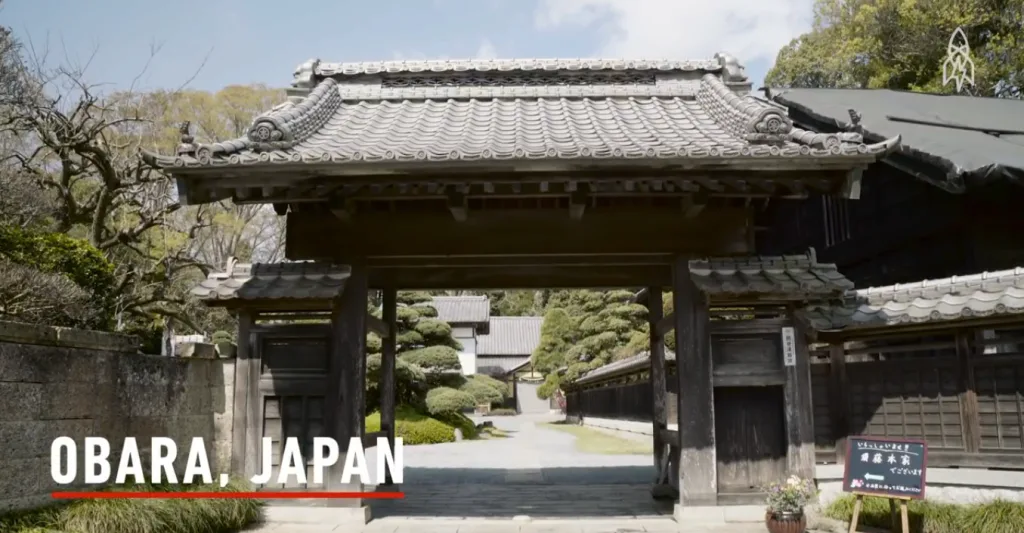
Their vision extended far beyond merely producing sake. They sought to create something enduring, something that would stand the test of centuries. This vision began with the careful selection of their brewery’s location around a natural spring, protected by their now-famous rule: “Never cut the trees around the well.”
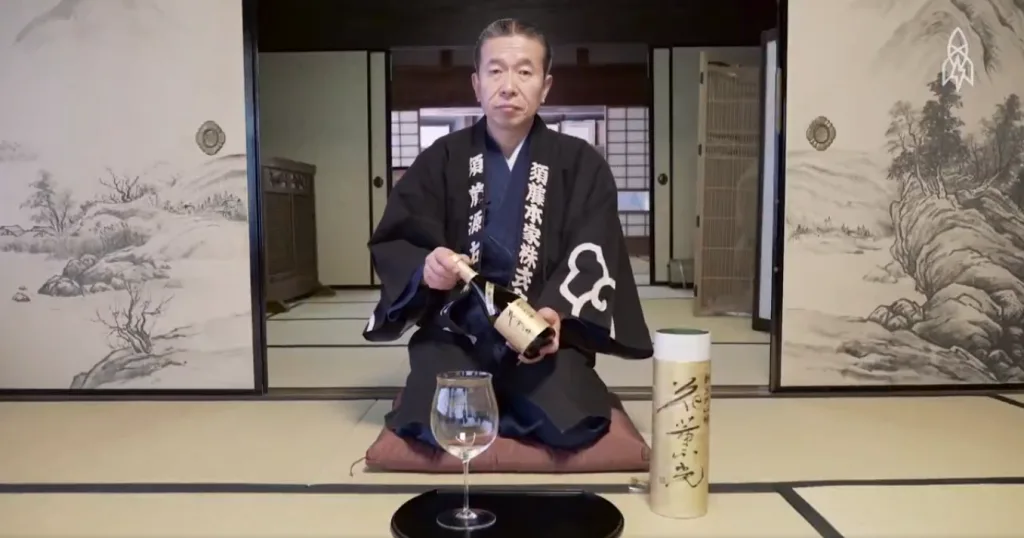
This wasn’t merely an aesthetic choice. The Sudo family’s understanding of environmental interconnection was profound and ahead of its time: “Sake is made from rice. Good rice comes from good soil. Good soil comes from fresh water. Fresh water comes from protecting our trees.” This holistic philosophy would prove prescient centuries later.
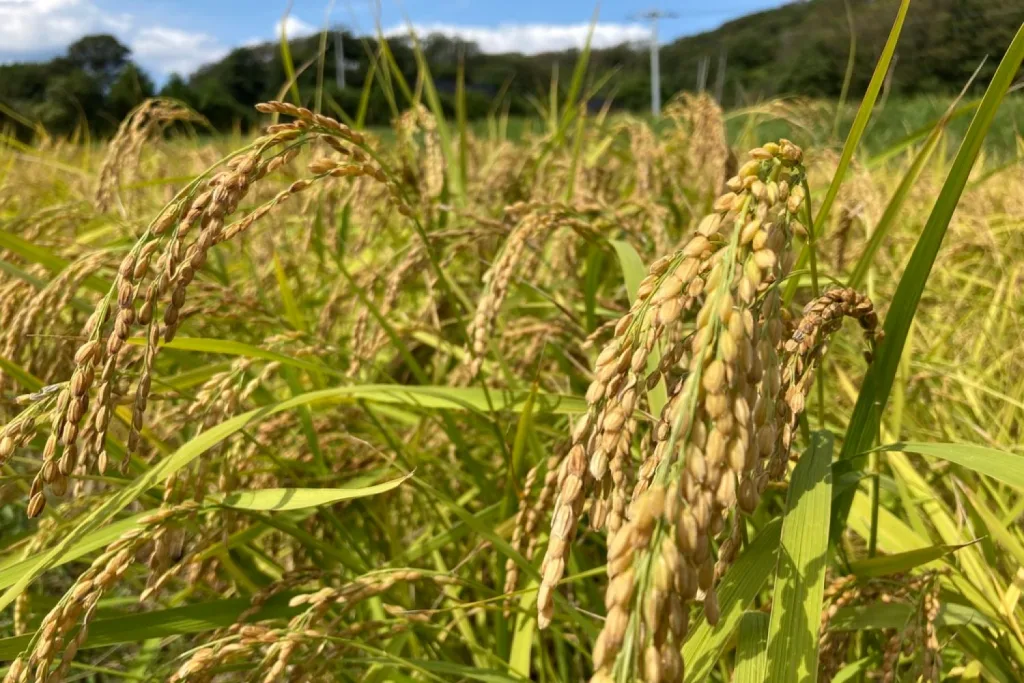
Innovation Through Tradition
The Sudo family’s commitment to quality meant strict adherence to local sourcing – using only rice harvested within 5km of their brewery and rejecting the common practice of adding distilled alcohol. But their most revolutionary contribution came in 1973 when they introduced unpasteurized sake to the world.
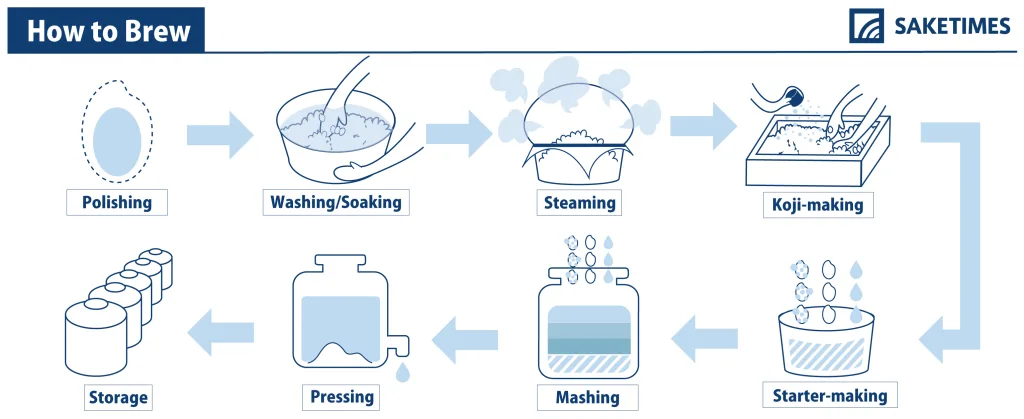
While most breweries double-pasteurize their sake to extend shelf life, Sudo Honke chose to prioritize flavor over convenience. Their unpasteurized sake captured the drink’s pure, vibrant essence, earning them international acclaim.
Their traditional methods might seem extreme by modern standards: hand-polishing rice, using natural lactic acid fermentation, and relying on environmental cues – winds and smells – to time their brewing. Yet in 2011, this devotion to tradition proved remarkably prescient.
When the Fukushima nuclear disaster struck, contaminating water sources throughout the region, Sudo Honke’s well remained pristine. The dense forest they had protected for centuries had naturally filtered out the radiation, vindicating their ancestors’ wisdom.
Modern Innovation, Timeless Principles

Despite being Japan’s oldest sake brewery, Sudo Honke continues to innovate. They pioneered sake food pairings in 1973, developed seasonal sake releases, and now lead the movement for sustainable brewing practices.
Their process remains rigorously natural: using rice within 5 months of harvest, drawing water from their protected well, sourcing locally, and avoiding artificial additives.
Their success demonstrates a powerful truth: innovation doesn’t require abandoning tradition. Instead, true innovation comes from deeply understanding foundational principles and applying them thoughtfully to contemporary challenges.
The Legacy Continues
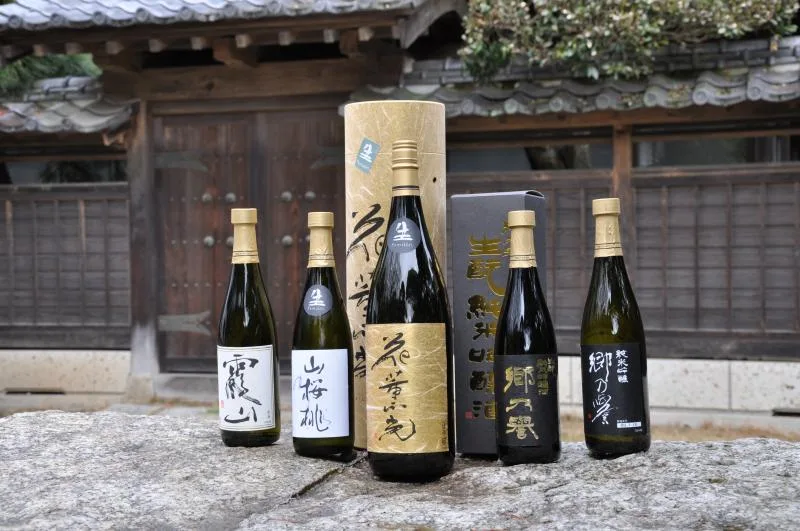
Today, as the 55th generation continues this centuries-old tradition, they demonstrate that legacy isn’t about preserving the past in amber. It’s about understanding and adapting timeless principles for the future. Their story transcends sake brewing – it’s a testament to building something truly sustainable, finding harmony between tradition and innovation, and creating products that honor both people and nature.
The Sudo family’s journey reminds us that some principles truly are timeless. In an age of rapid change and technological advancement, their story shows us how looking to the past can sometimes be the most progressive way forward.